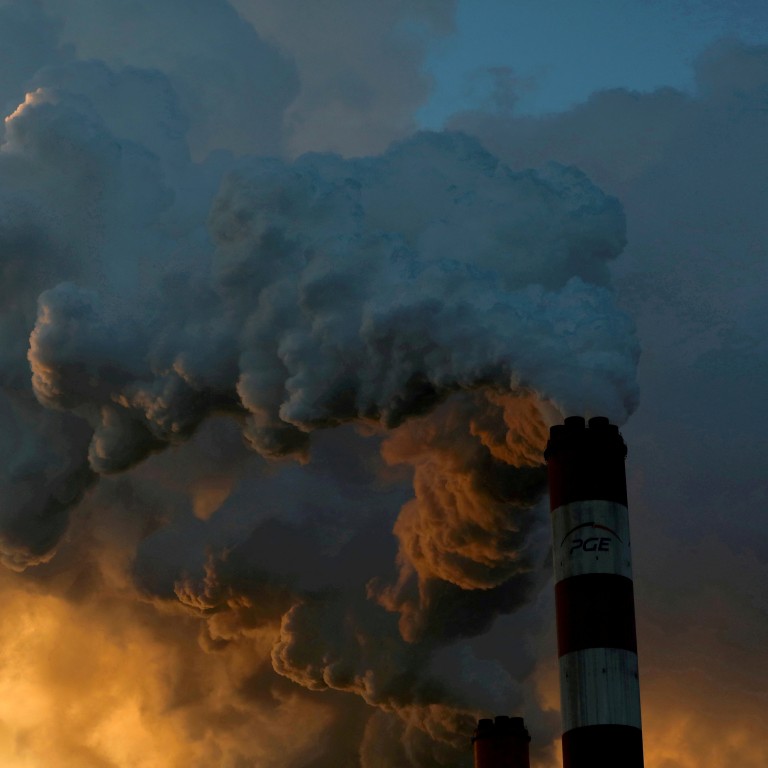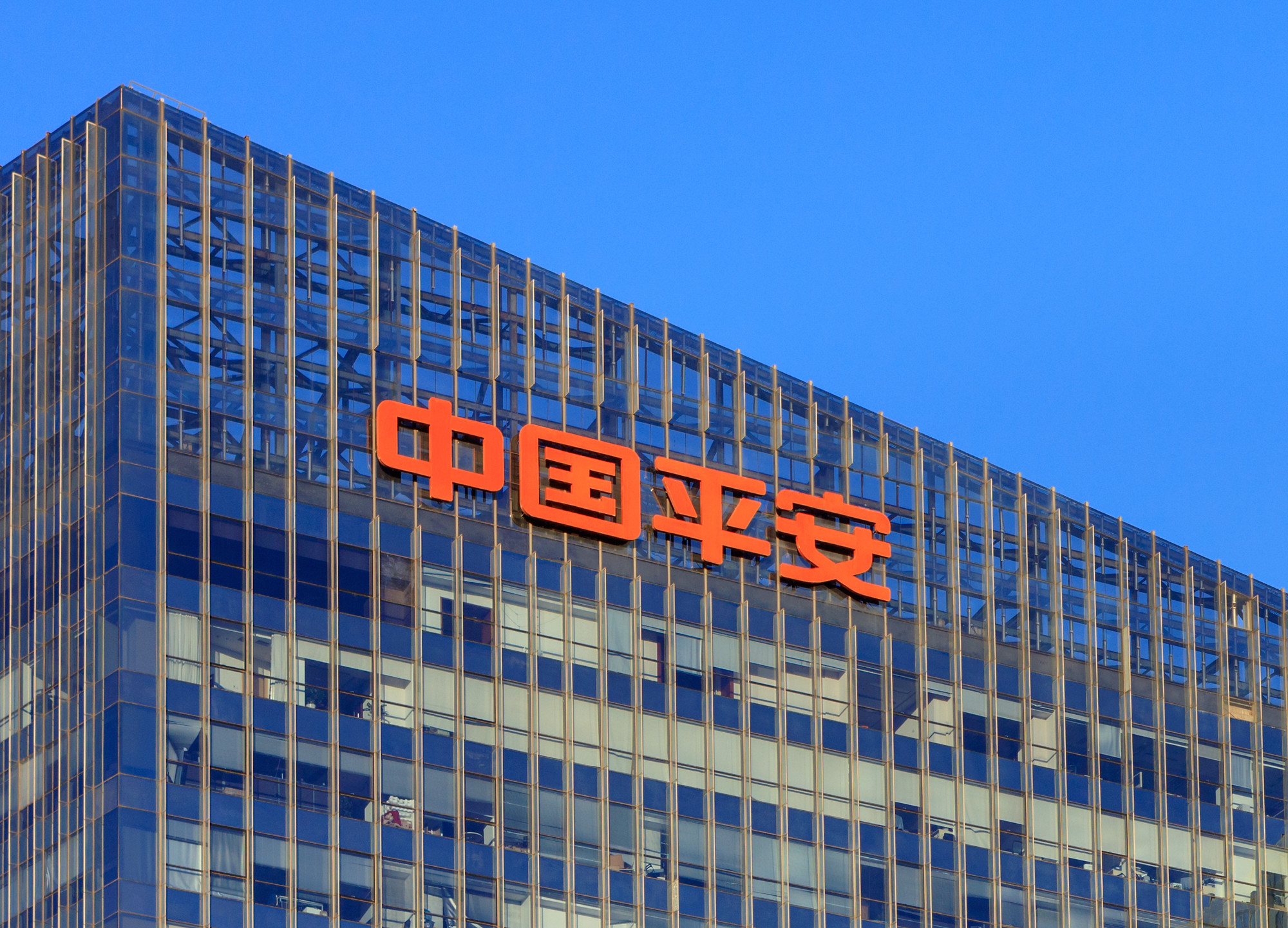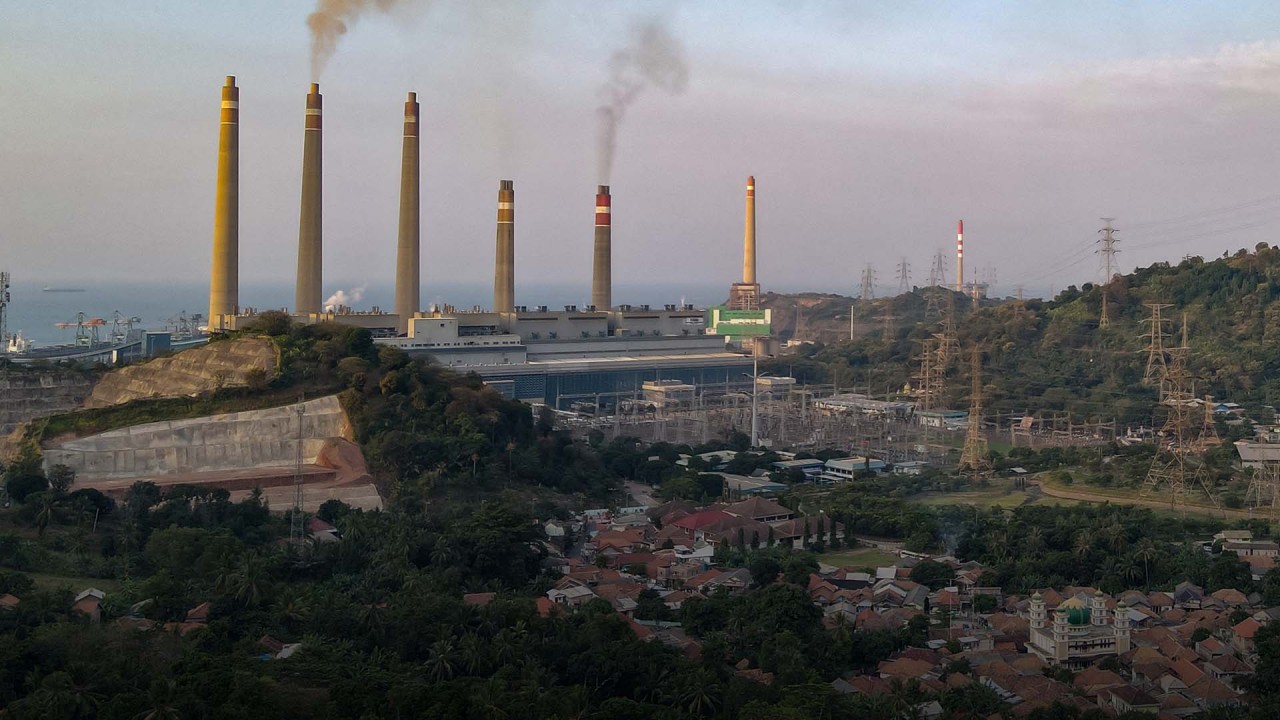
Chinese insurers rank at the bottom of industry’s progress in phasing out support for fossil fuel
- PICC and China Export & Credit Insurance Corp came in last, while Ping An ranked 22nd on a list of 30 companies assessed by global NGO coalition Insure Our Future
- A total of 41 insurers have withdrawn or reduced insurance cover for coal-based industries since the first report was published in 2017, up from 35 in 2021 and 23 in 2020
Chinese insurers were among the worst performers in a global study examining the industry’s progress in phasing out support for fossil fuel.
Insurance companies play a crucial part in reducing fossil fuel production and limiting global warming to the key threshold of 1.5 degrees Celsius. Without insurance, most new fossil fuel projects cannot proceed, and existing ones must close, according to the report.

“Insurance is the Achilles heel of the fossil fuel industry and has the power to accelerate the transition to clean energy,” said Peter Bosshard, global coordinator of the Insure Our Future campaign and main author of the Scorecard in the report.
Coal has become increasingly uninsurable outside China, and most large insurers around the globe have backed away from insuring new coal projects, according to the report. A total of 41 insurers have withdrawn or reduced insurance cover for coal-based industries since the first scorecard’s publication in 2017, up from 35 last year and 23 the year before.
Bosshard said that most international insurance companies have moved away from covering new coal power plants.
“Leading international insurers like Allianz, Munich Re and Swiss Re have committed to no longer insure new oil and gas extraction either and Chinese insurers should follow their example,” he said. “They [Chinese insurers] should not replace cover for coal with new oil and gas projects but should position themselves as leaders in the global clean energy transition.”
Ping An Insurance dropped to 22nd on the list from 21st last year.
PICC and China Export & Credit Insurance Corp were jointly ranked 26th at the bottom of the table, along with US insurers Berkshire Hathaway and Starr Insurance. This group “has not taken any steps to restrict their underwriting or investments in fossil fuels”, according to the report.
PICC, China Export & Credit Insurance, Berkshire and Starr did not immediately respond to requests for comment.
“Insurance companies can’t be expected to absorb the growing costs of climate disasters alone, but it is unacceptable that they are abandoning climate-affected communities while continuing to fuel the climate emergency by underwriting the expansion of fossil fuel production,” said Elana Sulakshana, senior campaigner at San Francisco-based Rainforest Action Network in a statement.


